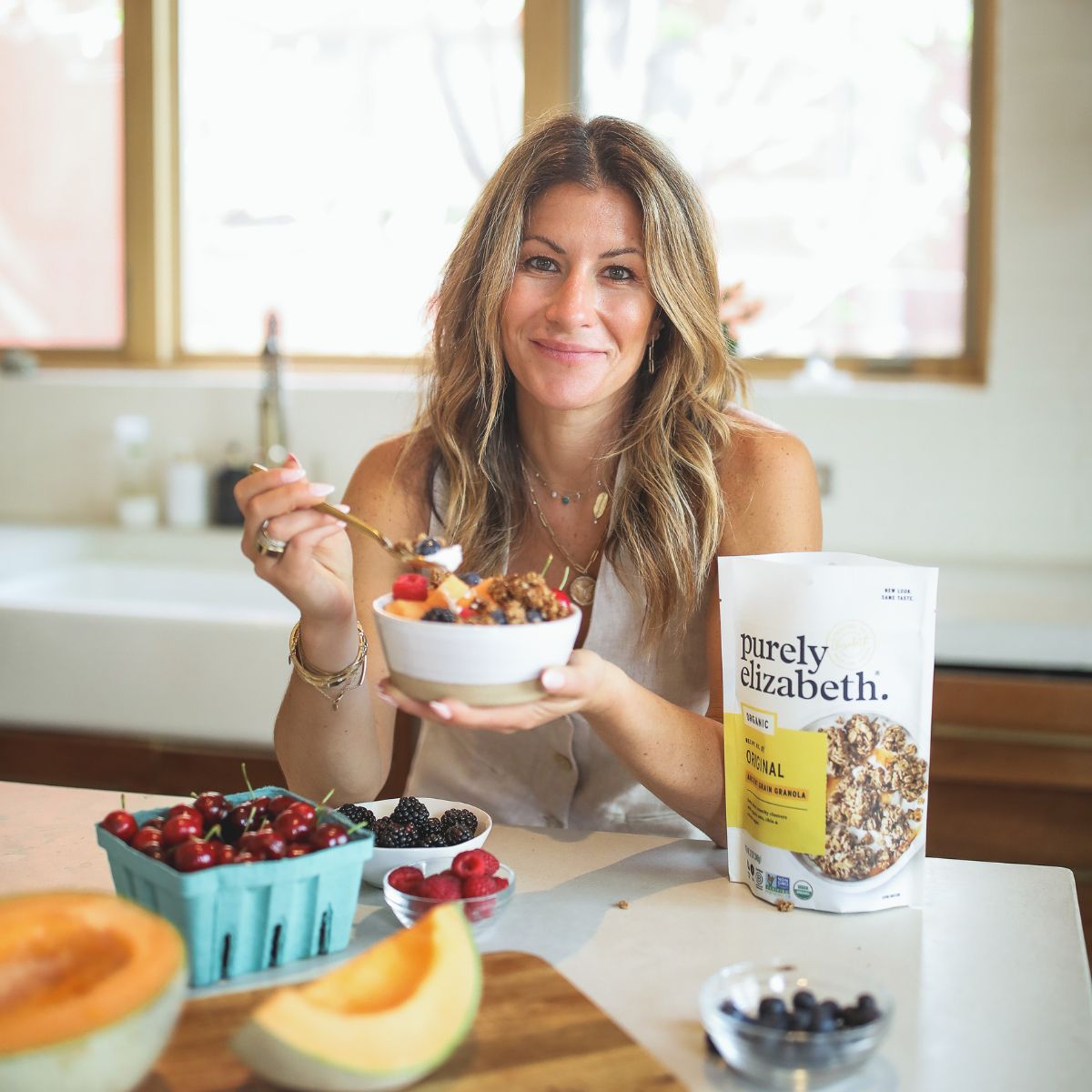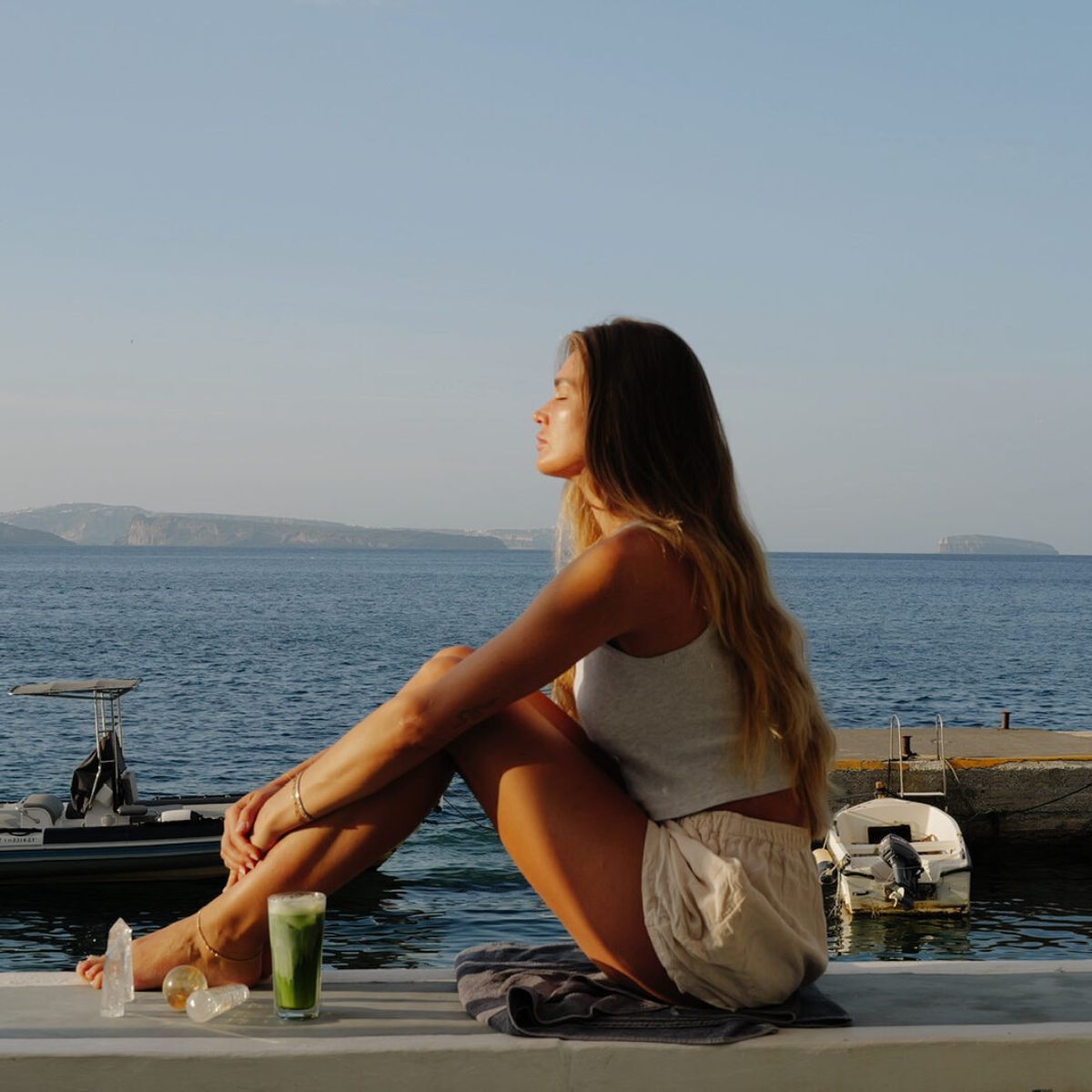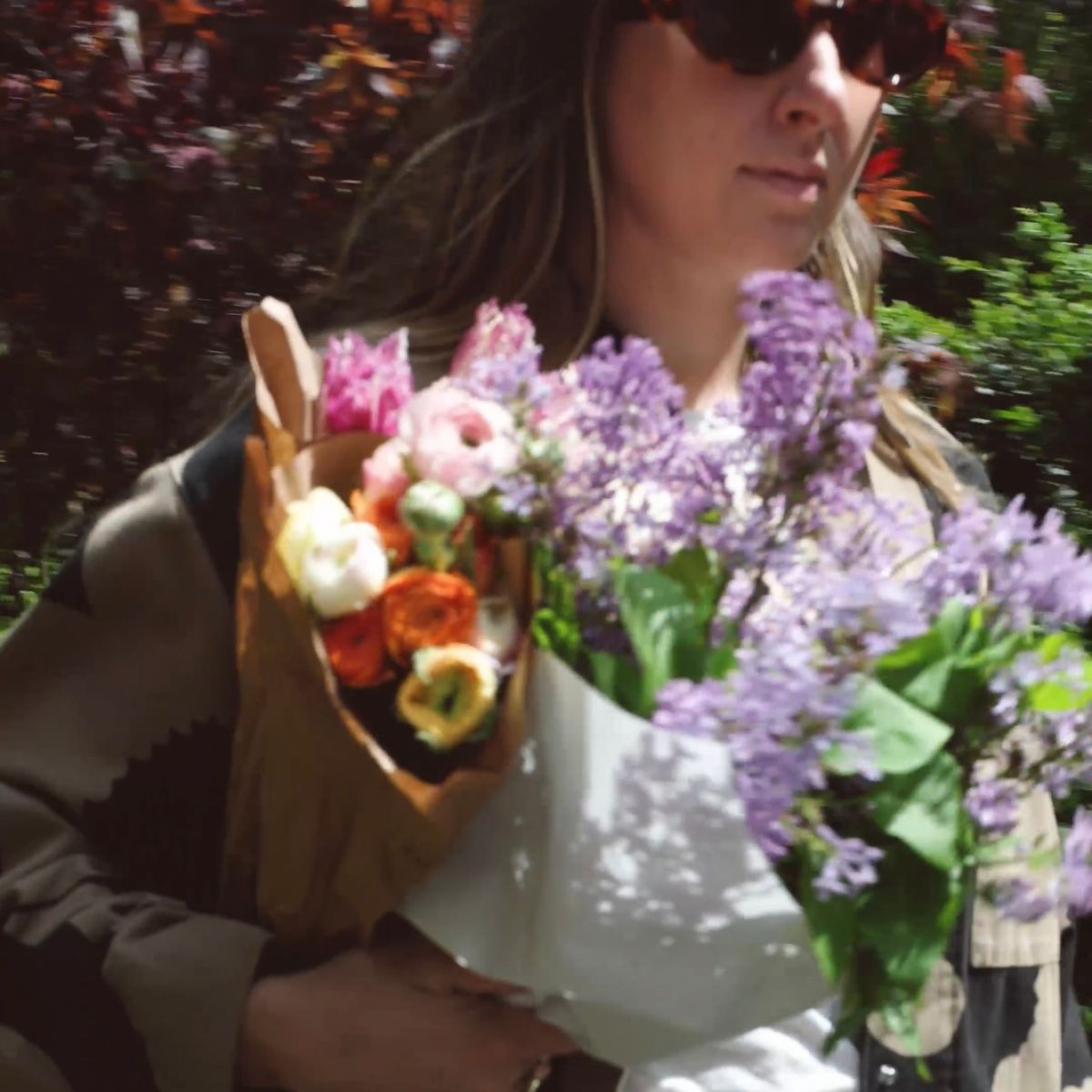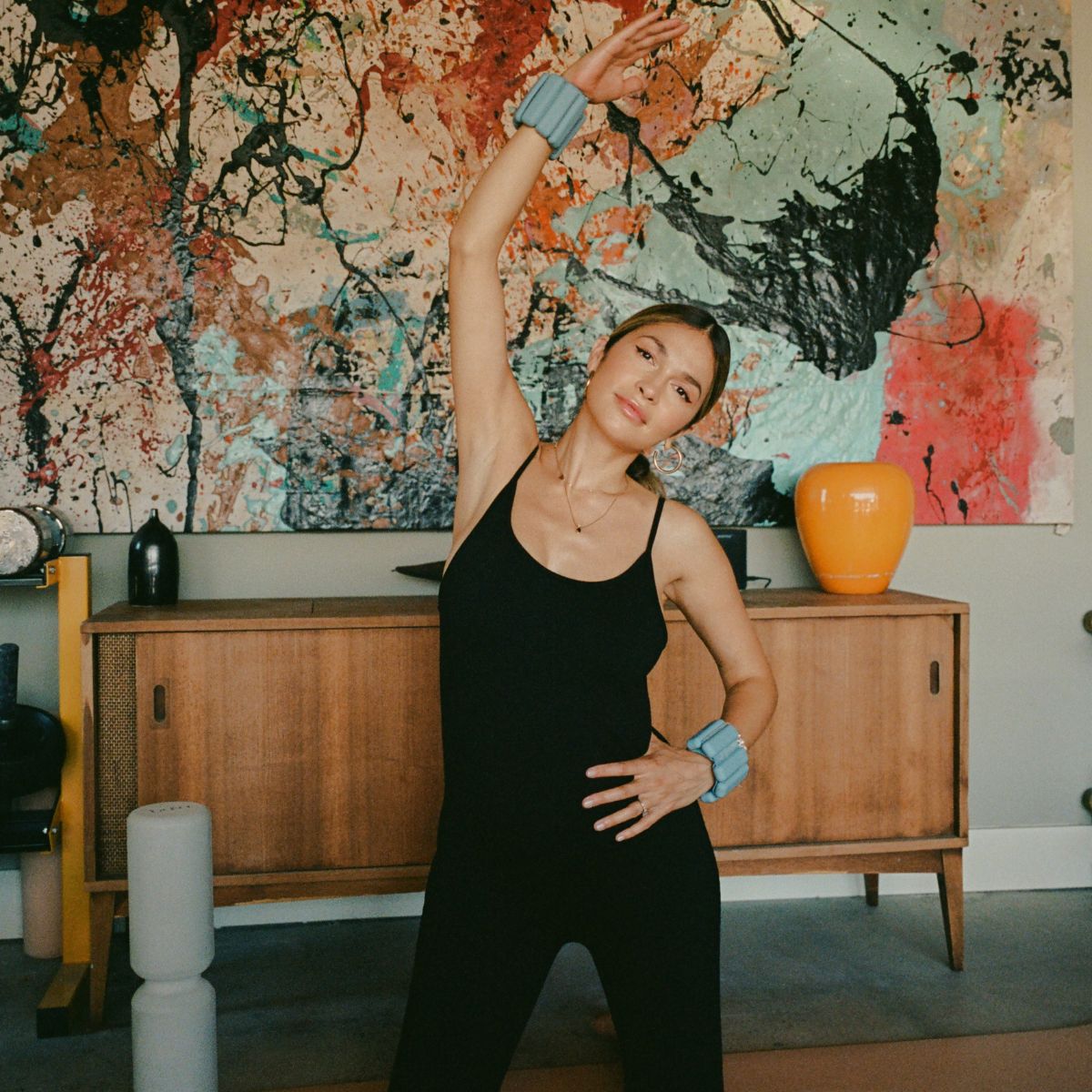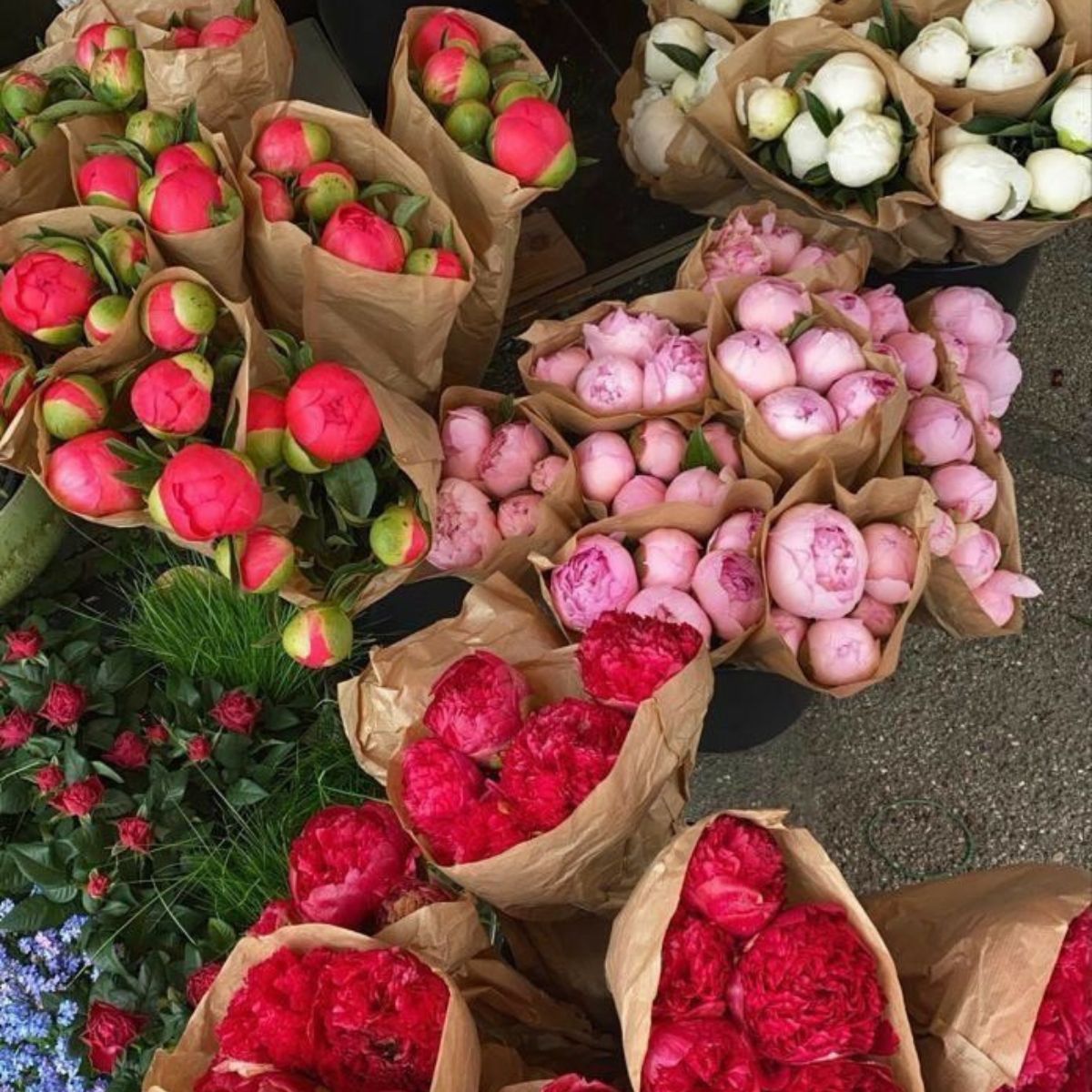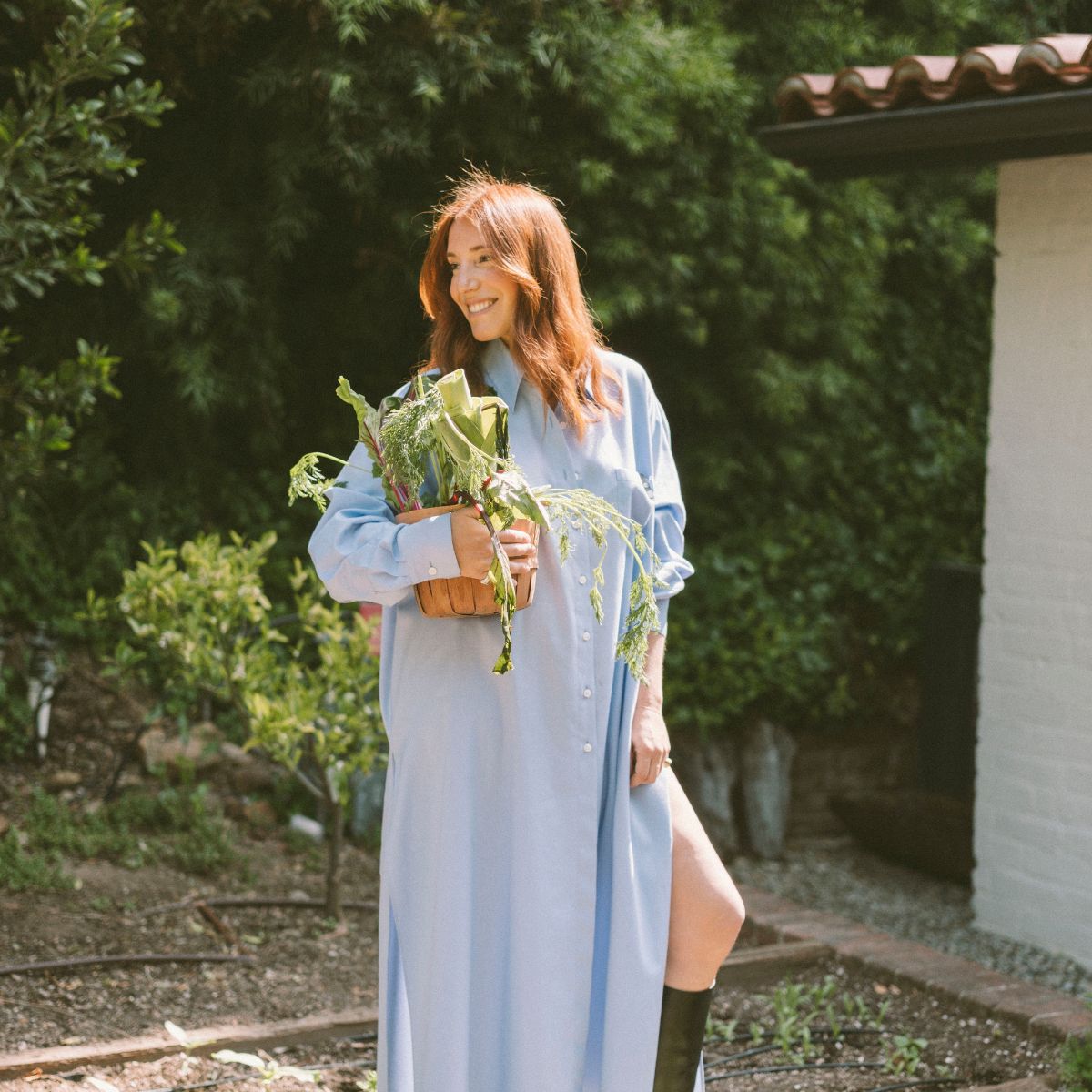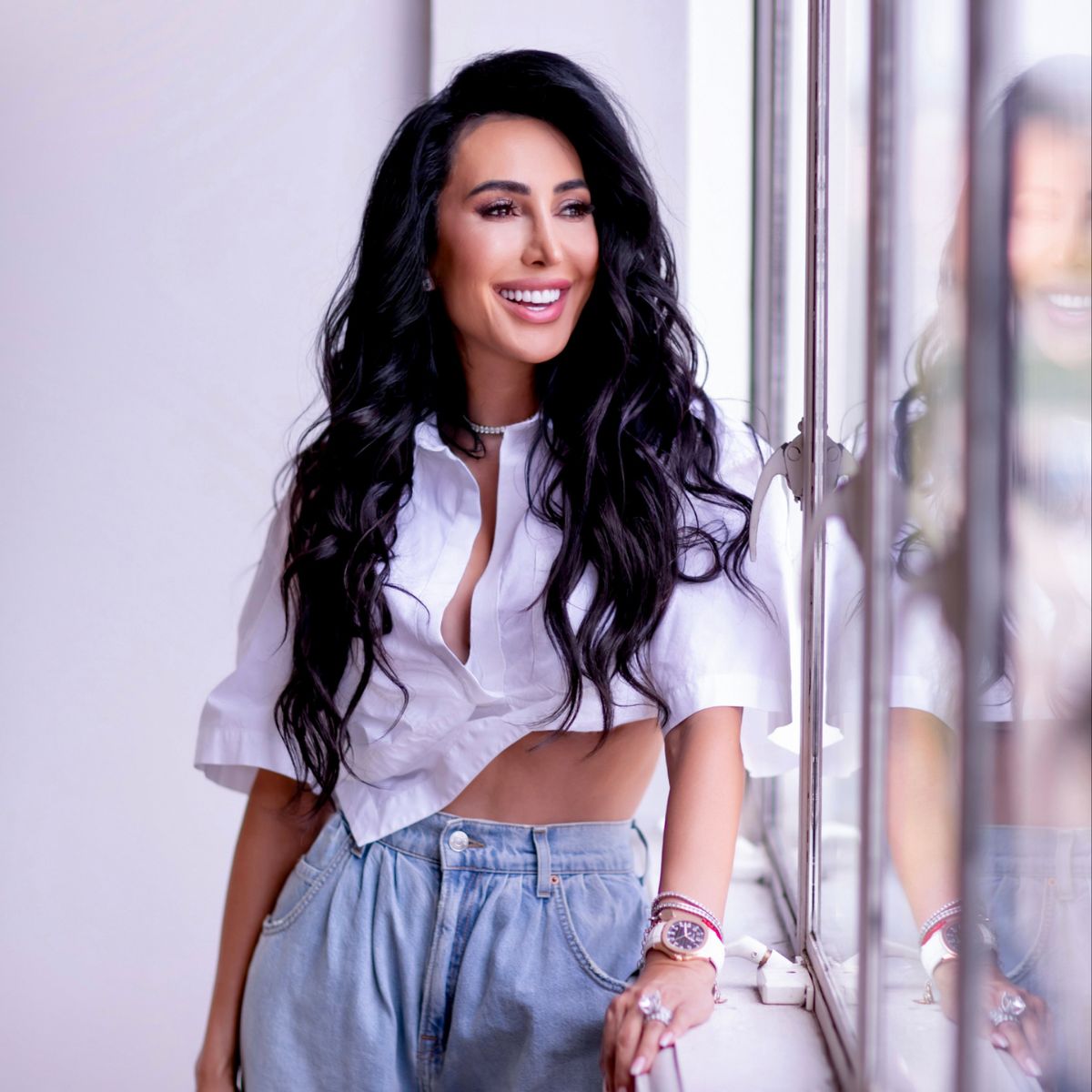This week, Elizabeth is joined by Jess Page and Nicole Doucet, the visionary co-founders of Open Water, a pioneering brand on a mission to combat ocean plastic pollution. Open Water has led the charge in the canned water category, offering 100% recyclable aluminum bottles and cans as a sustainable alternative to plastic. Jess and Nicole passionately share their goal of eliminating the need for 1 billion plastic bottles by 2030, the inspiration behind Open Water, and the significance of aluminum in their eco-friendly mission.
In the conversation, they talk with Elizabeth about the importance of consumer feedback and creating impactful products, discuss their innovative approach to water sourcing for climate friendliness, and highlight their commitment as a certified Climate Neutral company. Throughout their entrepreneurial journey, they maintain a positive perspective, driven by their greater mission of ridding the world's oceans of plastic pollution.




